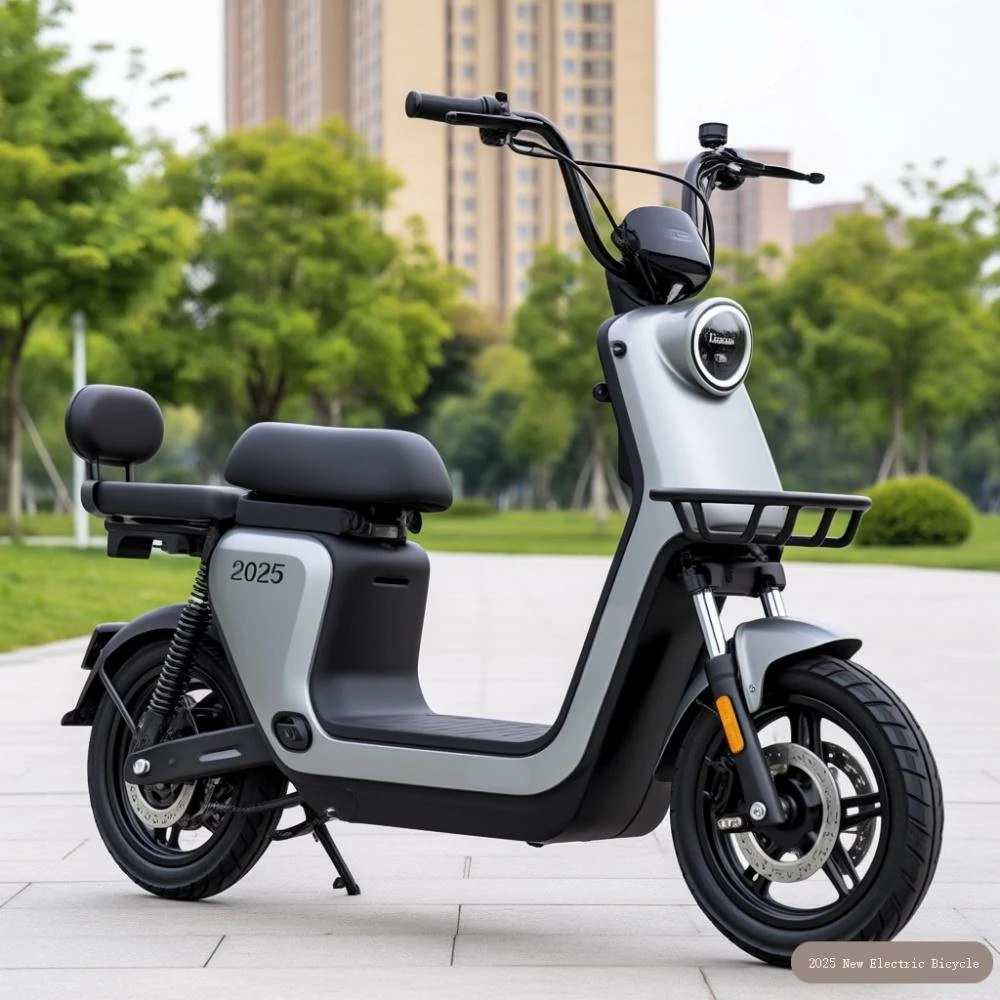New Zealand's relevant laws and regulations on electric bicycles
2025-08-25
In New Zealand, vehicles with motor output power less than 300 watts are classified as electric bicycles and must comply with the same regulations as bicycles. The specific laws and regulations are as follows:
traffic regulations
- Definition and classification: New Zealand classifies vehicles with motor output power less than 300 watts as electric bicycles, which are subject to the same traffic regulations as bicycles.
- Usage scenario: If there is a bike lane for electric bicycles, they should be used on the bike lane; If there is no bicycle lane, extra caution should be taken when cycling on the sidewalk, and a speed limit of 15km/h should be set. At the same time, pedestrians and drivers of mobile devices (such as electric wheelchairs for disabled people) should actively give way.
- Helmet requirements: Although the law does not mandate the use of helmets when using electric scooters, it is recommended to use them; Riding a bicycle or an electric bicycle requires wearing a helmet.
Safety Standards and Certification
- Vehicle specifications: Electric scooters or e-scooters should be designed in the style of traditional push scooters, with foot pedals, two or three wheels, a long steering handle, and an electric auxiliary propulsion motor. The wheels shall not exceed 355 millimeters, and the maximum power output of the motor shall not exceed 300 watts.
- Safety certification: Electric bicycles need to pass relevant safety certifications to ensure that the vehicle meets safety standards.
Regulation and Law Enforcement
- Regulatory strength: New Zealand has strengthened the supervision and law enforcement of illegal lithium-ion equipment and transportation vehicles, established a fire brigade working group to focus on identifying fire safety violations, and jointly conducted safety inspections of lithium-ion battery products with the US Consumer Product Safety Commission.
- Enforcement action: New Zealand authorities will impose penalties in accordance with the law for illegal sales and modification of electric bicycles.
Safety education and publicity
- Community Promotion: New Zealand conducts safety training for lithium-ion batteries and micro electric vehicles through community platforms, and strengthens the certification and training of emergency response personnel.
- Official guidelines: The UK Home Office has previously released documents such as the "Battery Safety Guidelines for Electric Bicycle Users". New Zealand may learn from similar practices and release safety guidelines through official channels to enhance consumer safety awareness.

